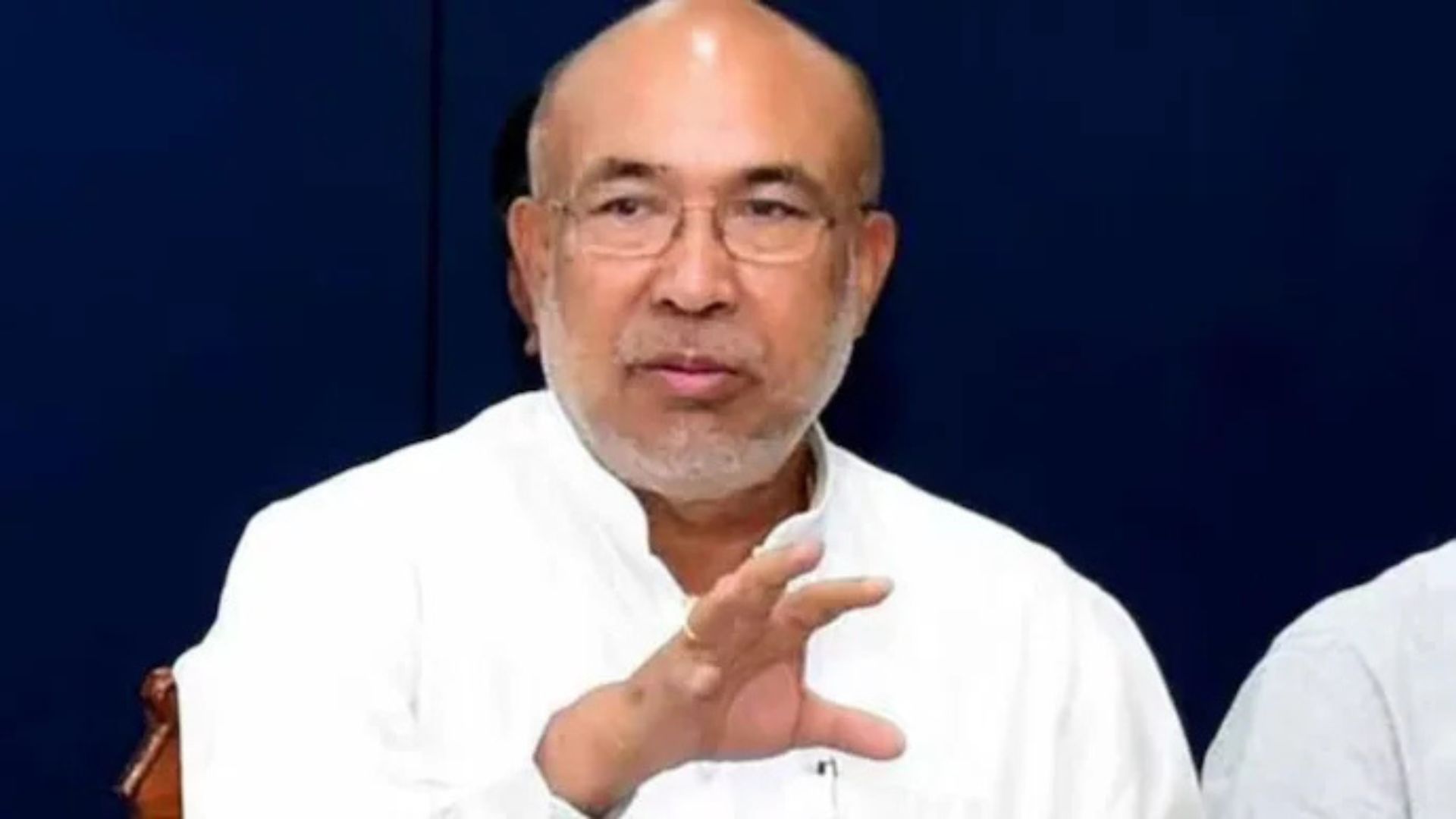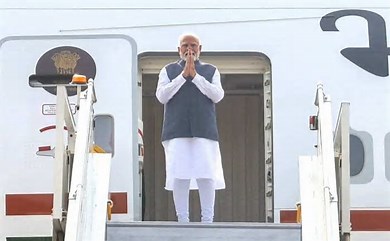
With the US Secretary of State Antony Blinken set to visit China this weekend, several influential Republican lawmakers have urged him to tell the Chinese leadership that Beijing’s blatant aggression against India in the Himalayas and Taiwan is “unacceptable”.
In other words, the Republicans have sought Blinken’s intervention in China’s aggression against India and Taiwan. The larger message is that China’s unlawful and unfair action across the various global regions is not being accepted by the international community.
This significant development in Washington should be welcomed and appreciated by India. New Delhi’s appreciation of the Republicans’ views will add to the pressure on Blinken ahead of his visit to Beijing this weekend. Blinken must call out China’s aggressions against India during his upcoming meeting with his Chinese counterpart Qin Gang and President Xi Jinping. This is what New Delhi also wants Washington to do. China will host Blinken in Beijing on 5-6 February.
The Secretary of State must use the opportunity to voice the Biden administration’s concerns over the Chinese aggressive agenda against India as well as Taiwan. But the question is whether Blinken would really call China out for its assertiveness along the Line of Actual Control and in the Indo-Pacific. There is no clarity as yet on whether the Secretary of State would raise this issue during his talks with the Chinese foreign minister.
Reports say that neither Beijing nor Washington has released details of the agenda for the visit. Whatever Blinken says in Beijing would be known only after he wraps up his visit. But the Republican lawmakers have done their job well by writing a letter to Blinken and Treasury Secretary Janet Yellen, ahead of their upcoming trip to Beijing, saying that the Secretary of State should unequivocally tell the Chinese leadership how Beijing’s brazen aggression in Asia is not acceptable. Republicans’ message to the diplomatic leadership of the Biden administration acquires significance as it has come days after President Jinping conducted an online review of the combat preparedness of China’s armed forces, instructing the units of the air force and navy to remain vigilant. He underscored the need to be ready for an emergency.
Xi addressed the troops of the PLA who were positioned along the LAC. This exercise was not taken lightly in any quarter of the world community, as Xi Jinping in his third term as President of China has already indicated that Beijing might pursue a more aggressive policy against India. So, when there are reports about China seeking to grow more influence in the Indo-Pacific, Blinken has every reason to use his visit to at least point it out during talks with his counterpart in Beijing. This is exactly what is needed at this point of time.
The world community including the US must collectively and jointly make China feel on every possible occasion that its actions in various geographies are actually the violation of international laws. China must be told that it is not respecting sovereignty and territorial integrity of other nations. There is ample evidence to establish it as well. The global community should also on record condemn Chinese army PLA’s aggressions along the border with India. Needless to say, India, the US and several other world powers have been talking about the need to ensure a free, open and thriving Indo-Pacific in the backdrop of China’s rising military manoeuvring in the resourcerich region.
What is objectionable is that China claims nearly all of the disputed South China Sea, though Taiwan, the Philippines, Brunei, Malaysia and Vietnam all claim parts of it. Beijing has built artificial islands and military installations in the South China Sea. Beijing also has territorial disputes with Tokyo in the East China Sea. With these facts in the background, Republicans’ letter to Blinken will also go out as a blunt message to China that its aggression against India is being condemned widely. Moreover, Republican lawmakers succeeded in sending out the message about how the world views China’s aggressive agenda in the Indo-Pacific and various other geographies.















